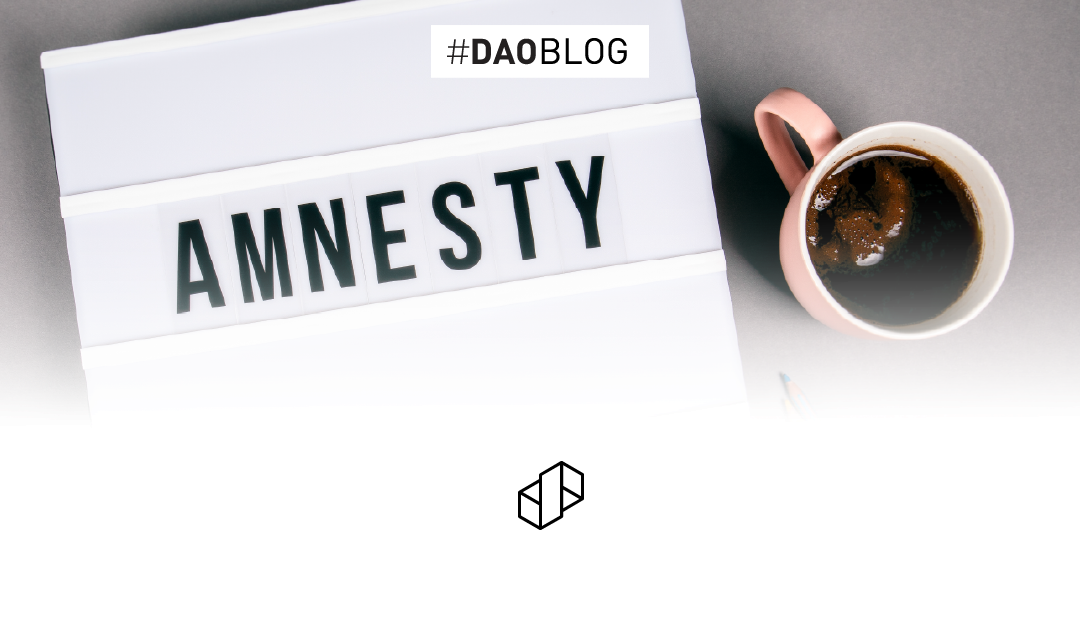The construction industry has long been one of Pakistan’s fastest-growing industries. With new projects springing up now and then, the sector continues to grow – and that is a good thing. In 2019, the Government of Pakistan introduced an amnesty scheme to offer benefits to those willing to invest in the construction sector. Before investing your life savings in any property-related project, it is essential to be informed about the real estate market and aware of any relevant taxes and amnesty schemes.
How many kinds of taxes are there?
For a common person’s understanding, in Pakistan, there are 3 prominent tax types:
-
- Income Tax: A direct tax applicable on any individual, business or a corporate entity generating income. Since most of the Pakistani labor market is undocumented, this tax makes up for a relatively small chunk of the total tax collection.
-
- Sales Tax: This is an indirect tax paid when purchasing goods or services, and the main tax category generating income for the Government. Every Pakistani has paid or will pay Sales Tax in one way or another – be it through purchasing groceries, real estate, or simply getting your car washed.
- Capital Gains Tax: This tax applies to the proceeds from selling an asset such as real estate or stocks.
Which taxes are relevant in real estate?
In real estate transactions, you pay tax at buying and at selling. When making a purchase, you are liable to pay Withholding/Advance Tax, and this tax can also be adjusted against the Income Tax you pay.
Whilst selling, you are required to pay the Capital Gains Tax. The Capital Gains Tax has different slabs in Pakistan depending on the number of years since the initial purchase. Selling the property in the first year of its acquisition has the highest tax rate. It continues to decrease with each passing year up until the fourth year, after which no Capital Gains Tax is applicable on real estate.
As per the amendment in the Income Tax Ordinance 2002 through the Finance Act 2020:
- If the holding period less than 1 year – 100% of capital gains will be taxed
- If the holding period is between 1 and 2 years – 75% of capital gains will be taxed
- Between 2 to 3 years – 50%
- Between 3 to 4 years – 25%
- Over 4 years – No Capital Gains Tax applies
What is the amnesty scheme announced for the real estate industry?
The amnesty scheme announced by the Government of Pakistan in April 2019 was called “Amnesty 100D.” It constituted of two parts – one for investors and one for builders.
For the investors
Under the amnesty scheme, when investing in a project registered with FBR, investors will not be asked to provide a money trail or declare their income source. This will result in increased investments into the real estate sector. However, since the money flowing-in in such projects will be unchecked, people will have a haven to store their illegally earned money.
For the builders
Under Amnesty 100D, the government has allowed tax breaks in the Withholding Tax that builders must pay on purchasing construction materials. Furthermore, the government has also fixed the amount of tax builders have to pay against the project’s square footage. Official statistics (dated June 2021) from the Federal Board of Revenue (FBR) show that 1,083 projects worth an estimated Rs340 Billion had been registered with the FBR under the Amnesty scheme, while another 292 tentative projects with a potential investment of Rs43 Billion were in the draft stages. More than thousands of other builders were currently placed in the preliminary stages.
What are the risks involved while investing in amnesty-approved projects?
As new governments come along, laws introduced by previous governments are re-engineered. As a result of these ever-changing laws, there is a lack of clarity about what rules and regulations are applicable for an investor. Unless investors are well-informed on current laws, they might be misguided, and their investments may end up taking a huge hit.
On the other hand, there are also some risks involved for builders. The most significant risk for builders is the requirement for the shortlisted project to be completed by 2022. Furthermore, all projects are required to be approved by the relevant authorities, such as CDA, LDA etc.
What’s the best strategy to invest in real estate?
- Invest for the long term: If you invest for more extended periods, you can pay lesser taxes. For example, after four years, investors are not required to pay Capital Gains Tax on any proceeds from selling their property
- Shared ownership: Joint investments can be made with family members or other trustable acquaintances to reduce tax liabilities
- Correct value declaration of asset: If properties are declared at appropriate values while buying and selling, the Capital Gains Tax tends to be lower. Therefore, it is recommended to report the correct values of the asset.
To read more blogs, visit our blogs page here.

Esa Imran
Digital & Communications Specialist


 Book a Meeting
Book a Meeting